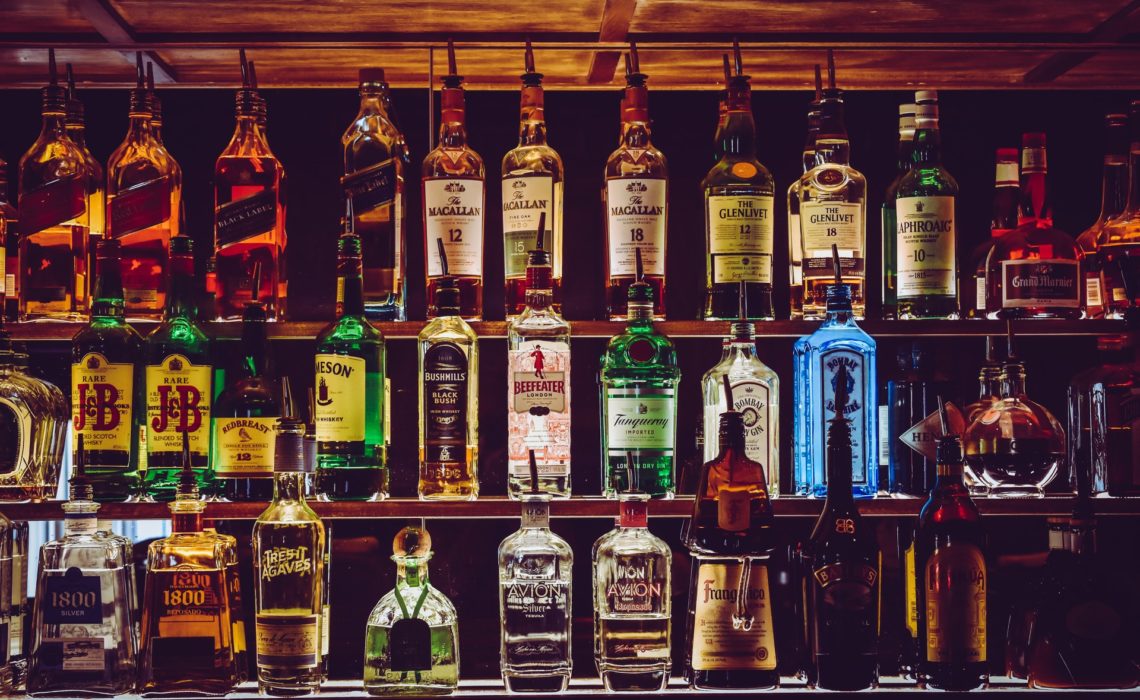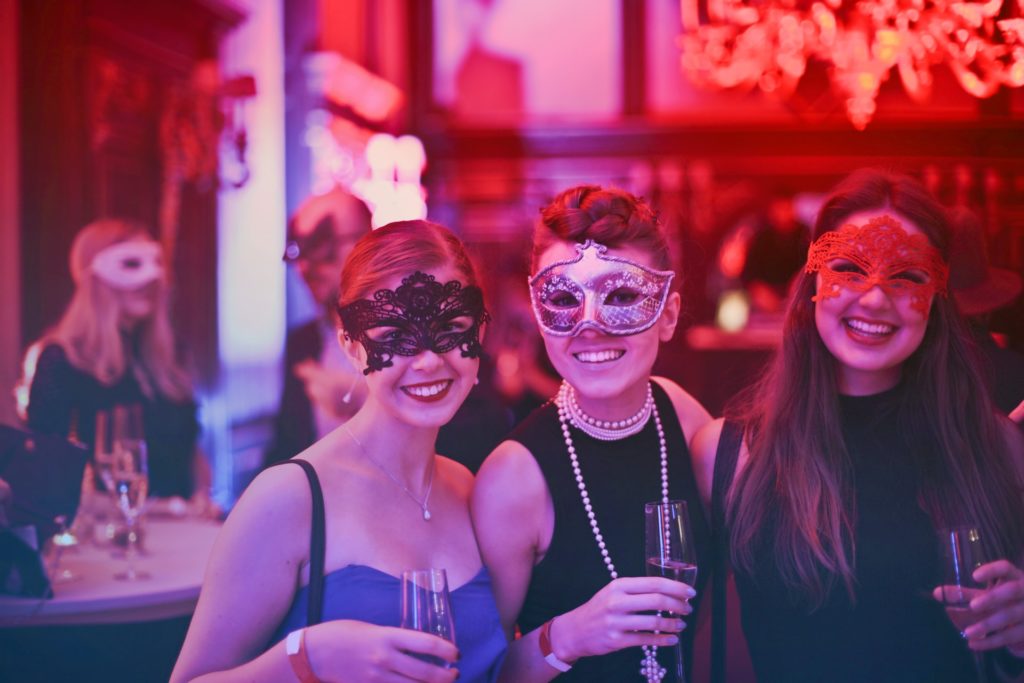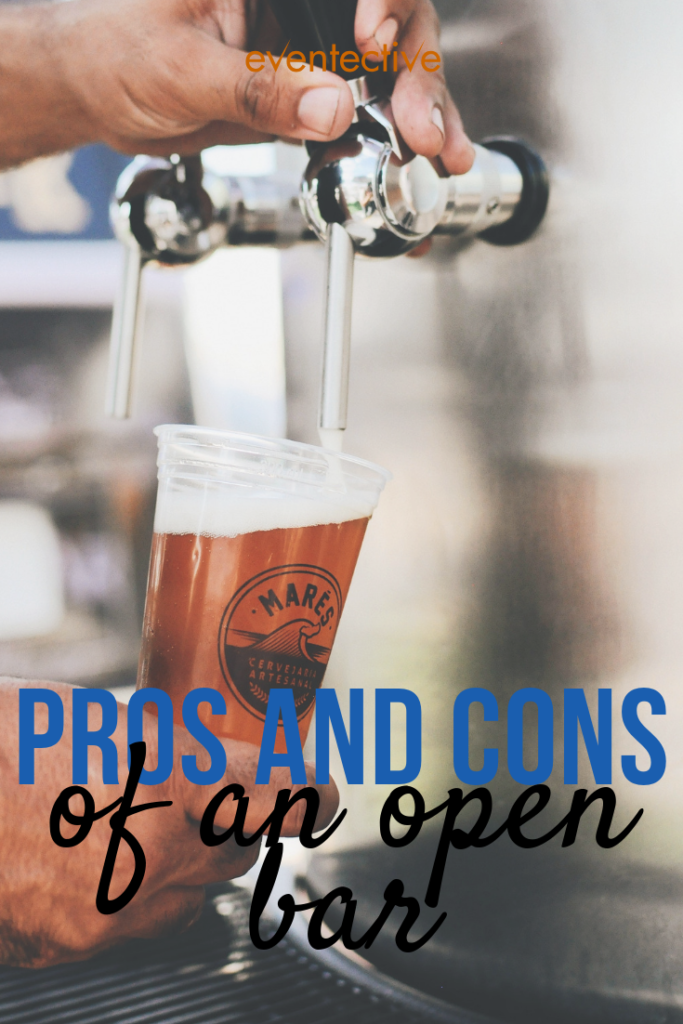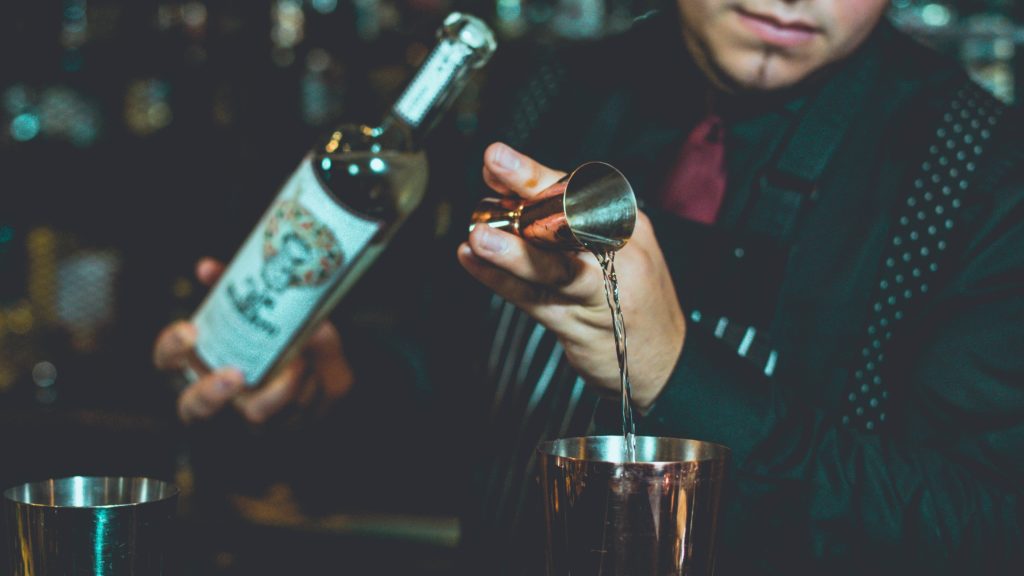
As an event planner, your goal is to host successful events. How you define “successful” may change based on the type of event, but guest experience is always important. That experience can include accessibility for your event, the quality of food served, and even access to an open bar.
Choosing between an open or cash/limited bar is one of the biggest debates in event planning, especially for weddings. Many people—attendees and hosts alike—think it’s a social faux pas for guests pay for their own drinks, especially at a personal celebration. But their are some valid drawbacks to an open bar that make hosts hesitate.
Bonus Tip: Specify on the invitation if guests need to come prepared with cash or not.
Certain factors, like time of day and number of guests, might make the decision for you. After all, offering an open bar at 10 a.m. brunch for twelve people is a little extreme. But it’s not always that obvious. As with any decision, carefully weigh the pros and cons to find the right solution for you and your event.
PRO #1
Encourages networking and socializing

Whether it’s a wedding, office party, or fundraiser, you want your guests to mingle and enjoy themselves. And a little liquid courage can go a long way for making new friends and networking. For parties and celebrations, an open bar encourages dancing and keeps the overall mood upbeat. If you’re hosting a fundraiser or VIP event, open bars show that you appreciate your guests and are willing to invest in them—a gesture that can encourage their generosity in return.
Your event might also be a night out for your guests—even if it is a professional function. The kids have a babysitter, and everyone is formally dressed. A few drinks lets them treat the evening like a real night out. Once again, prepping them for networking and socializing.
CON #1
Guests might be distracted
While an open bar does help ease networking tensions and let guests mingle with friends-of-friends, you run the opposite risk as well. Guests may linger around the bar area, instead of engaging with other attendees or participating in activities at the event. The bar can become the unofficial hang out spot, instead of part of a greater experience.
Depending on your event, you may be able to work around this. For example, the MC at your wedding could start the Conga line and call attention to barflies. At a formal event, it would be more appropriate to approach the person individually and try to engage them with the crowd. At the end of the day, though, you can’t force anyone to be social, so keep that in mind as you make your decision.
PRO #2
Less decision-making for you

Event planning takes a lot of work and attention to detail, so you have to be careful with how you spend your time. While each vendor will vary, a cash or limited bar will always require some decision making—like what drinks you want to offer, and what items should be complimentary. An open bar covers all of that for you!
This saves you valuable planning time—especially if you don’t drink wine or beer yourself. With an open bar, you don’t have to guess crowd favorites, or ask for your guests’ input. By offering everything (for free!) you also won’t have guests disappointed by the choices or the cost, which can lead to a better atmosphere at your event. Everybody wins!
CON #2
More expensive for you
Unfortunately, you pay more for everybody to win. With a cash or limited bar, your guests carry some of the financial burden to serve alcohol. But with an open bar, you pick up the entire tab, including any tipping at the end. Of course, a bar of any kind will cost you something; there’s no avoiding that. But open bars can be up to seven times more expensive than a cash bar, depending on the vendor.
Before making your decision, always consult your venue—they may have customer discounts, or a partnership with a local service for special pricing. If you can snag a good deal, it just might be financially worth it for an open bar.
PRO #3
Guests stay longer

With an open bar, the bartenders are only focused on making drinks. They’re not handling money, making change, or worrying about who paid or not. This means there’s less wait time at the bar, which of course is a benefit to your guests, and ultimately your event. Plus, guests who are enjoying themselves also tend to stay at events longer. So while a cash or limited bar might encourage them to go home when their budget for beer has run out—an open bar encourages them to keep networking.
CON #3
Someone could over-indulge
As with any night out, there’s always a risk someone has a little too much fun. Guests who aren’t paying for their own drinks are less likely to keep track of how many they’ve had. And while this poses an issue during the event—because no one wants rowdy guests—it also poses an issue at the end when guests are leaving.
If you’re on the fence about an open bar, consider the location of your event. Will your guests be able to catch a taxi or ride share to get home safely after a night of drinking? Safety both during and after your event should be your top concern, so steer clear of an open bar if there’s nowhere for your guests to spend the night or make it home safely.
Conclusion
Before choosing an open bar, consider the cost against the satisfaction and safety of your guests to help inform your decision. You can always come to a middle ground as well, like only serving beer and wine, or offering a limited open bar—so drinks are only free for part of the event. This is most common during happy hour before the meal is served, or up until the final two hours of the event.
What are your thoughts on an open bar? Did we miss any key decision-making factors?

